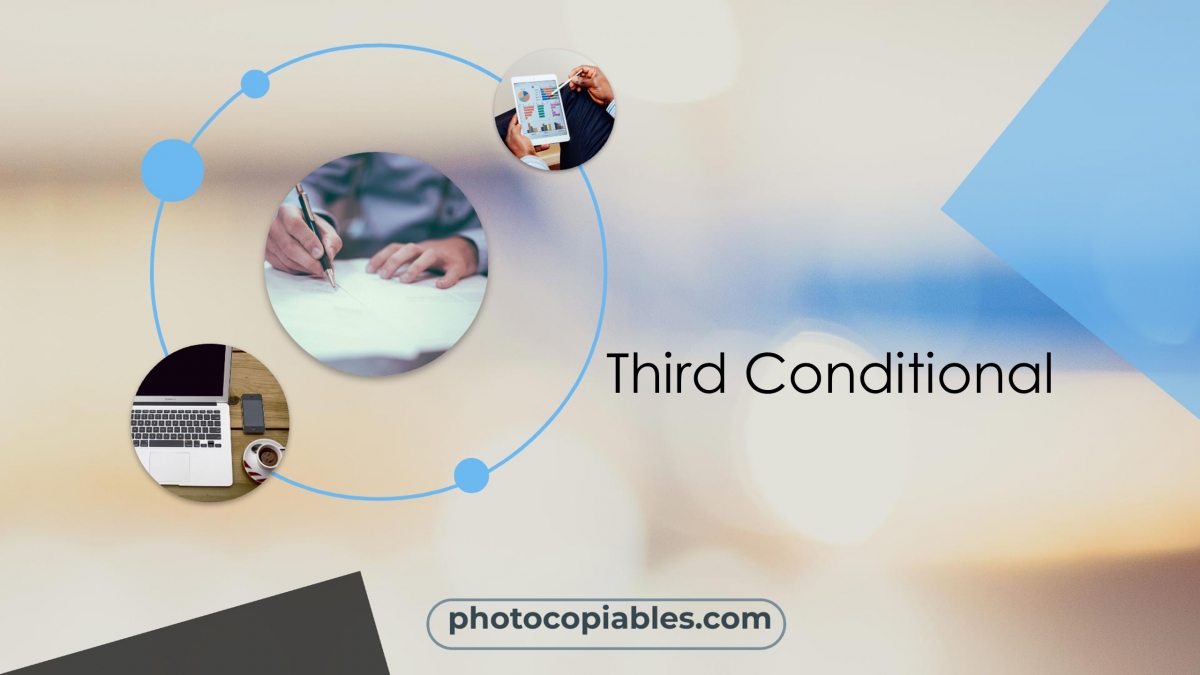Third conditionals are very similar to Second Conditionals. The difference between them is in the time. Third Conditionals focus past. It is usually used to express regrets. On the other hand, the Second Conditional expresses an improbable situation in present and future.
Why do we use the Third Conditional Clauses?
We use it to talk about imaginary situations in past.
for example...
If Tom had performed well in the interview, he'd have got the job. ( Tom didn't perform well in the interview. It happened in the past and he couldn't get the job again in the past.)
Mary wouldn't have had so many problems at the airport if she brought a dictionary with her.(Mary had lots of problems in the airport because she didn't have a dictionary with her. We imagine the condition that she had one.)
How do we form it?
We use past perfect simple in the first clause and 'would have' in the second clause.
for example...
If they'd had more money two weeks ago, they'd have bought that big house.
If Maggie hadn't completed her essay on time, she'd have missed her favourite TV series.
Exercises






